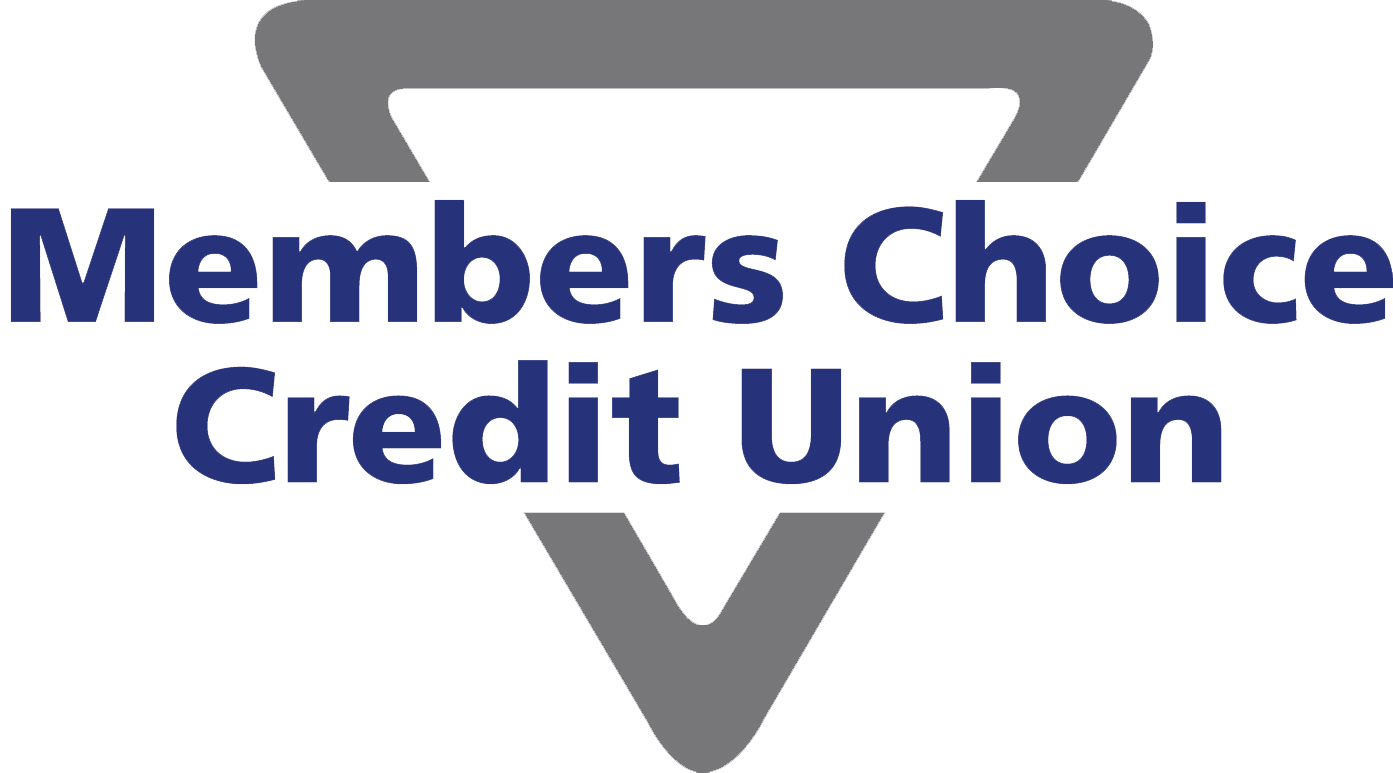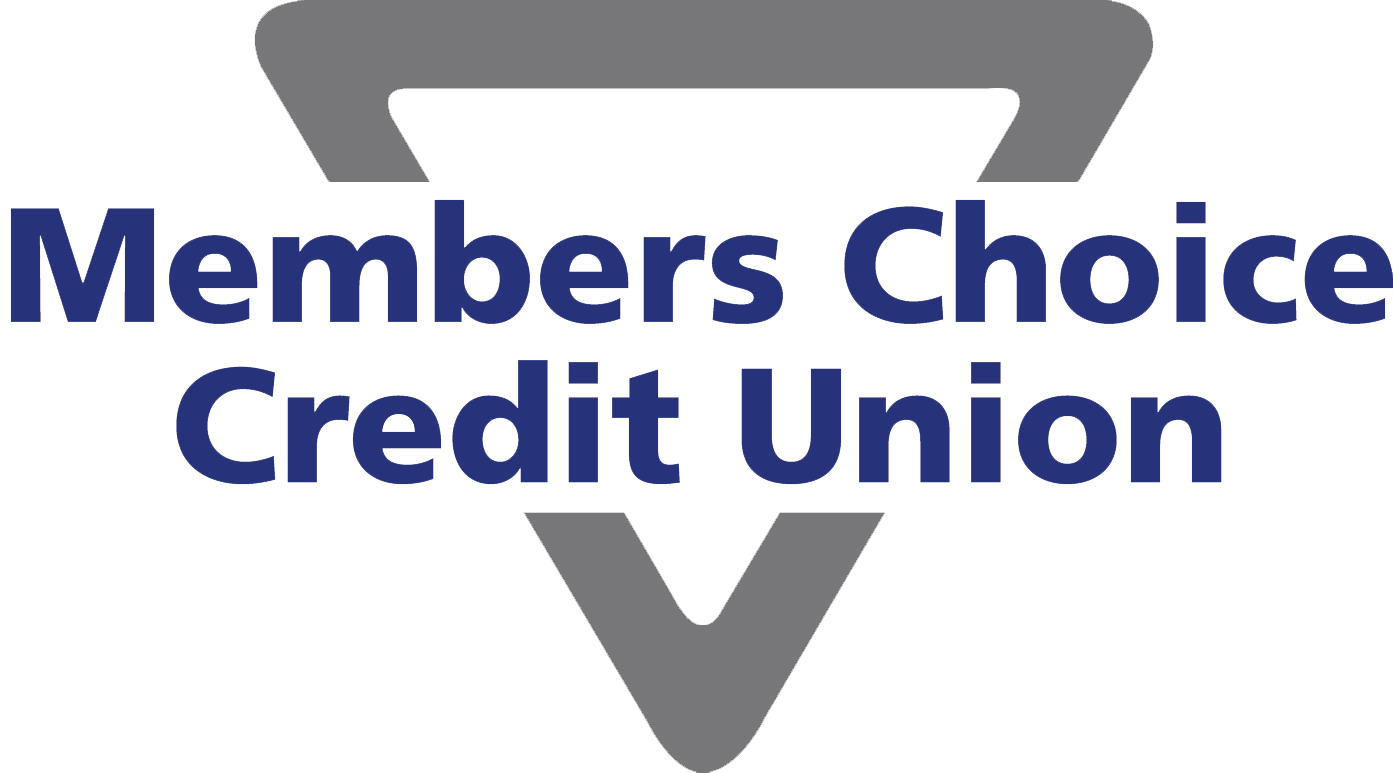Are You Ready to Buy a House?
It’s perfectly normal to feel hesitant about going through with what may be the biggest purchase of your life. To help put you at ease and to make sure you’re prepared for this purchase, we’ve compiled a list of questions to ask yourself before buying a new home.
Can I afford to buy a house?
Before viewing properties, remember that purchasing a new home will cost more than just the down payment. Buyers also need to cover closing costs, which typically run at 2-4 percent of the total purchase, moving costs, and possibly new furniture and renovations for their new home.
Can I afford the monthly mortgage payments?
Most lending companies will grant a homebuyer loan if the monthly mortgage payments do not push the buyer’s debt-to-income (DTI) ratio above the recommended 43 percent. This means that the total monthly debt the buyer carries, including mortgage, credit card, loan, and car payments, does not exceed 43 percent of their monthly income. You may want to work out the total for your pre-mortgage debt before applying for a loan so you have an idea of how much house you can afford.
When determining whether you can afford your monthly payments, remember that there’s more to homeownership than a monthly mortgage. Be sure to include calculations for taxes, insurance, and a possible increase in utility bills. A mortgage lender should be able to provide some of these numbers for you.
Am I ready to settle down?
The average length of time that homeowners in the U.S. live in a house is only seven years. Buyers who don’t plan on staying in their homes long-term may end up incurring a loss. Consider factors like your career, family planning, changing demographics of a neighborhood, and more when trying to answer this question. Experts advise buyers to only purchase homes they plan on living in for a minimum of five years.
Does buying a house in my neighborhood make financial sense?
Many Americans view homeownership as a rite of passage into adulthood, but that doesn’t mean purchasing a home always makes financial sense. In some neighborhoods, rentals are relatively cheap, while houses sell for far more than they are worth. In these neighborhoods, buying a home may not be the logical choice, even if the buyer can easily afford it.
Is my credit score high enough?
A fairly decent credit score is necessary to qualify for a home loan. Most lenders will only grant a home loan to borrowers with a credit score of 650 or higher. Here at Members Choice CU, we require a minimum credit score of 550 from our borrowers. A score that doesn’t make the cut can be increased by being super-careful about paying all bills on time, not opening new credit cards in the months leading up to the home loan application, paying credit card bills in full each month, and keeping credit utilization low.
Do I have a plan in place for repairs?
When a renter has a leaky faucet, they call the landlord, and the problem becomes theirs. When a homeowner has a leaky faucet, it’s their problem. They can either fix it or hire someone to do the job, but it’s a good idea to have a plan in place before the first thing in a new home needs fixing. If you’re handy enough to handle repairs on your own, you’ll need to be ready and willing to give up some of your free time on weekends to tend to things around the house. Otherwise, it’s best to have a tidy sum put away to pay for necessary repairs before purchasing a home.
Sometimes, an appliance or a system in the house will be broken beyond repair and need replacing. Homeowners need to have enough money stashed in their emergency fund or rainy-day account to cover these purchases.
Buying a first home is an exciting milestone that only happens once in a lifetime. If you think you’re ready to take this step, make sure this purchase is the right choice at this time on a financial and practical level.
If you’re ready to get started on your home loan application, stop by Members Choice CU today to hear about our fantastic home loan options.




